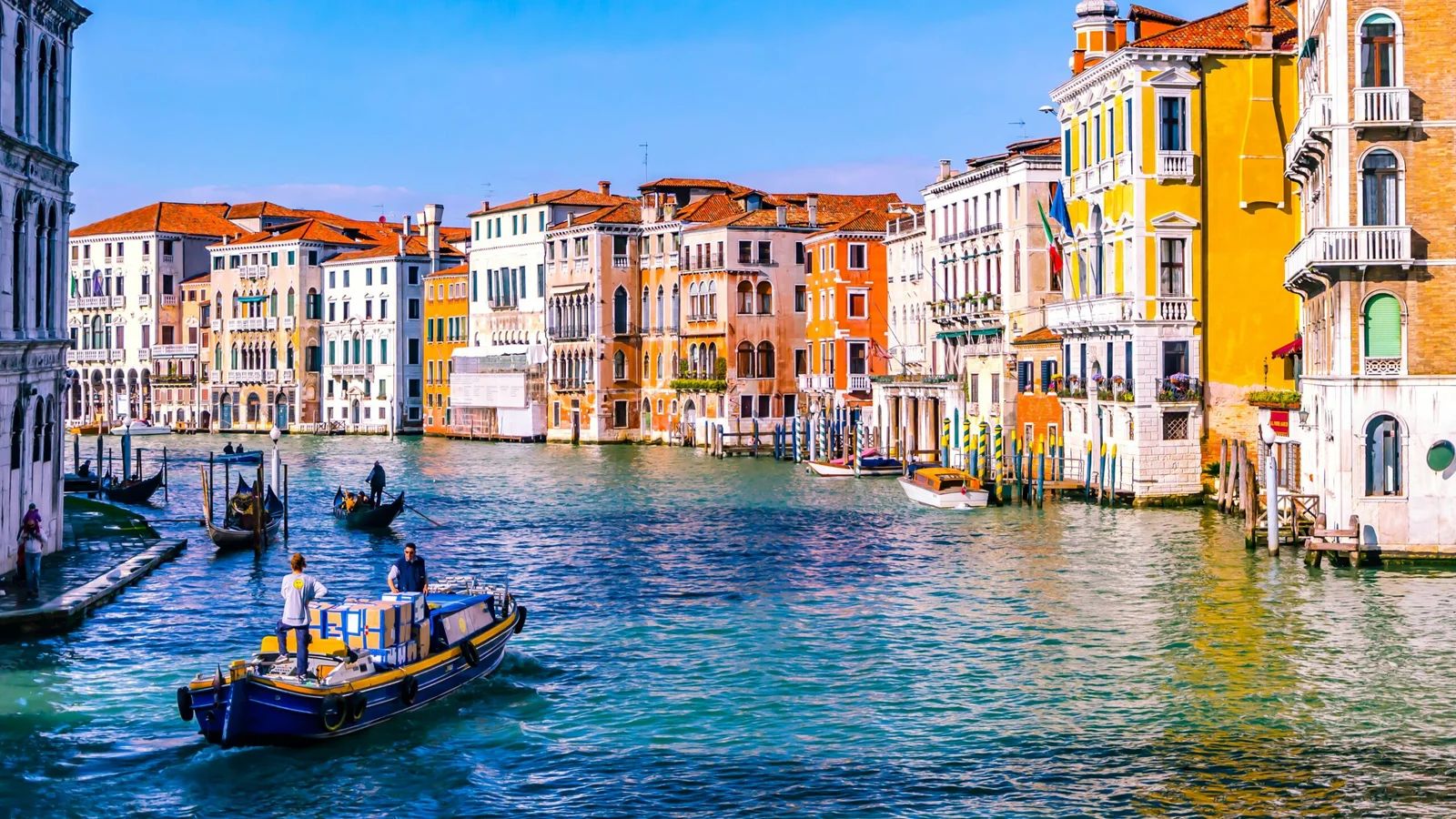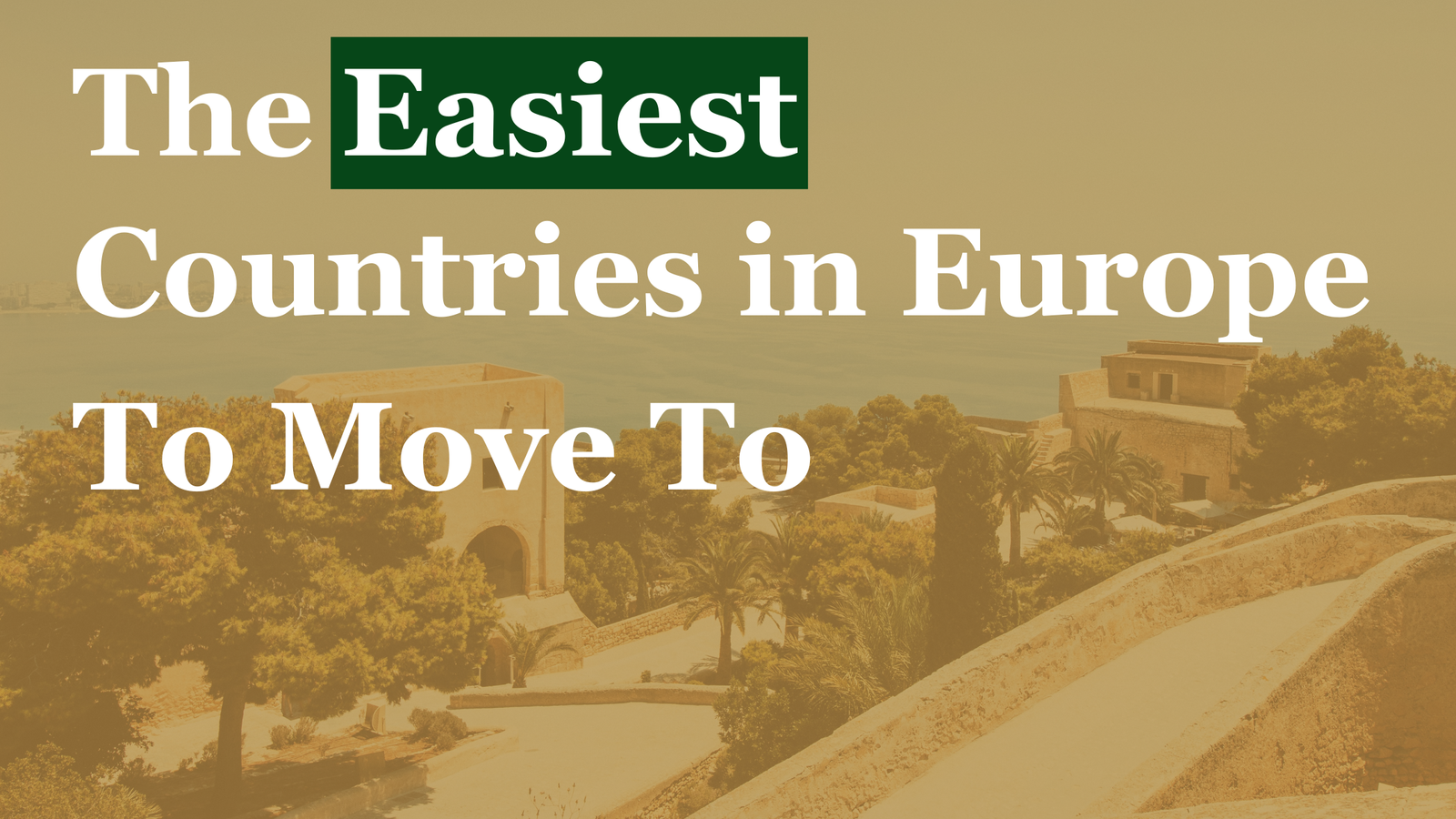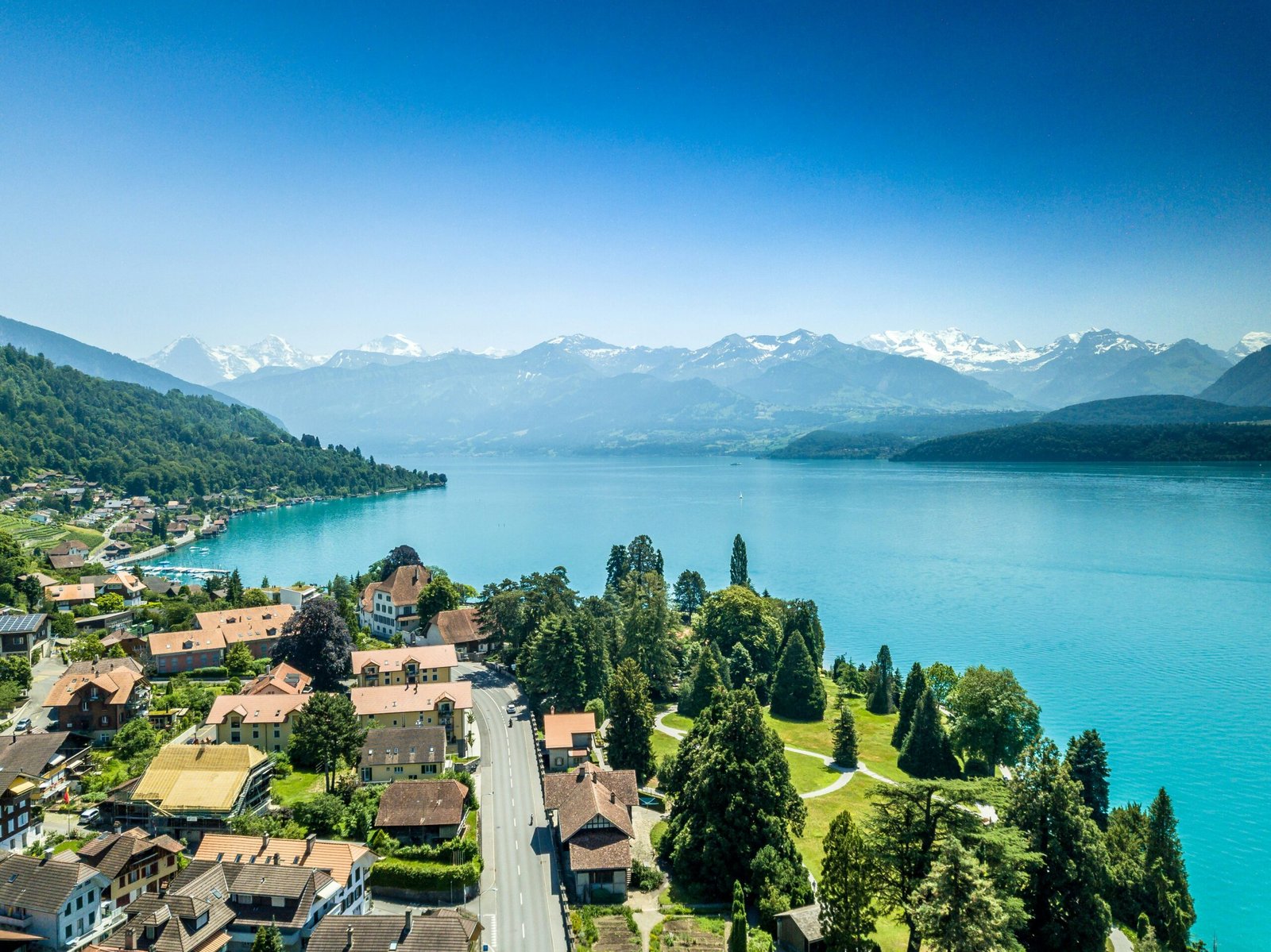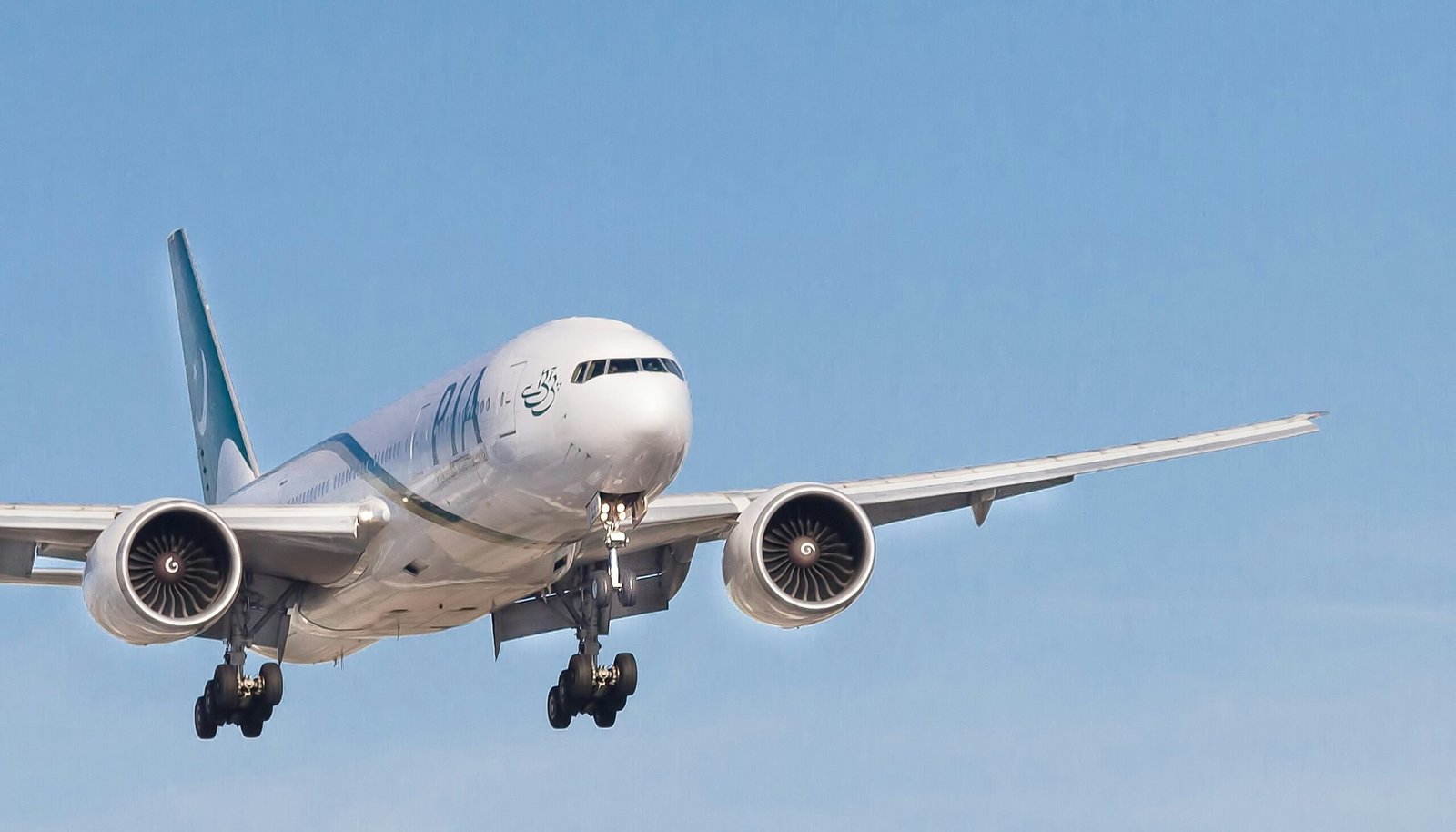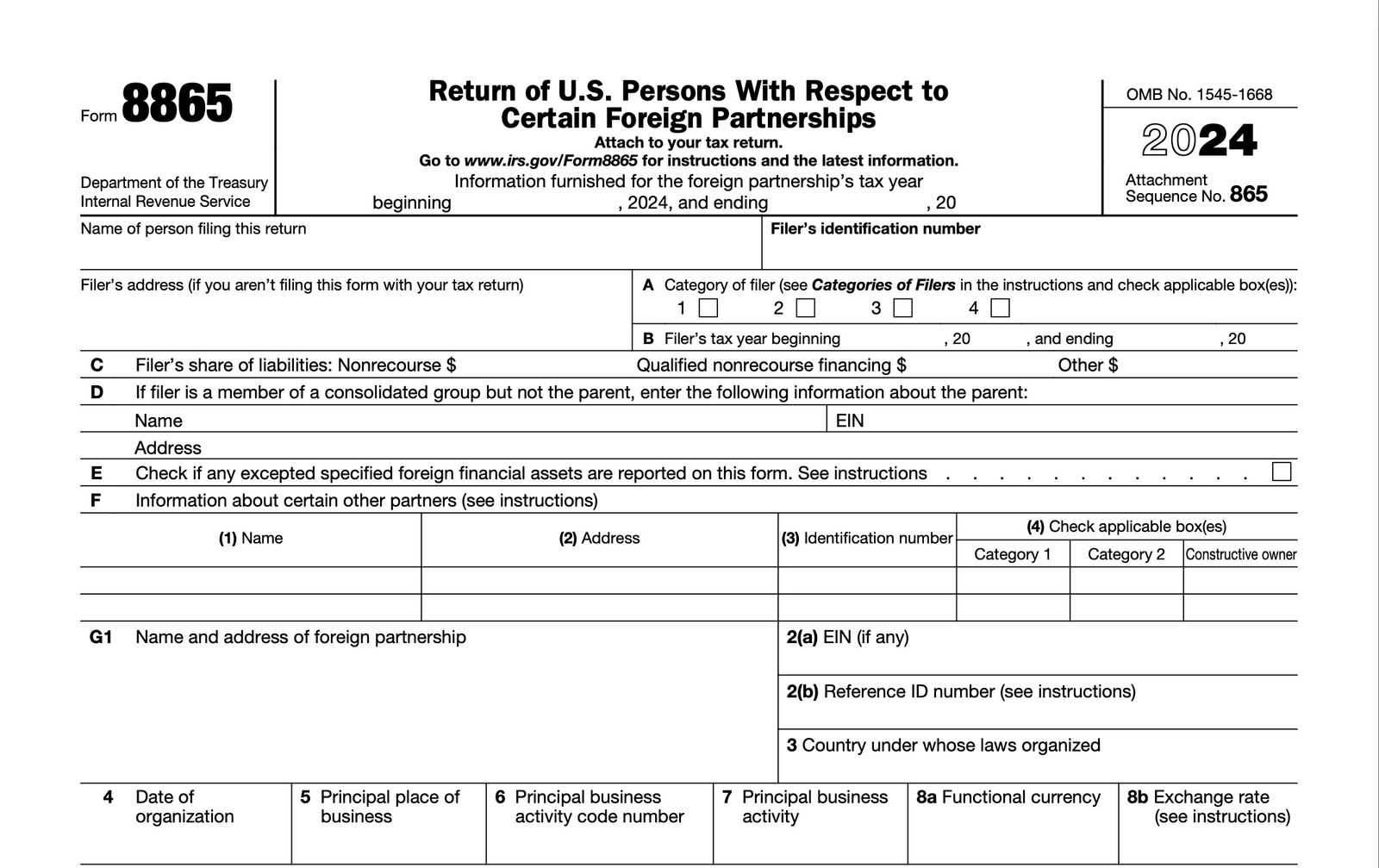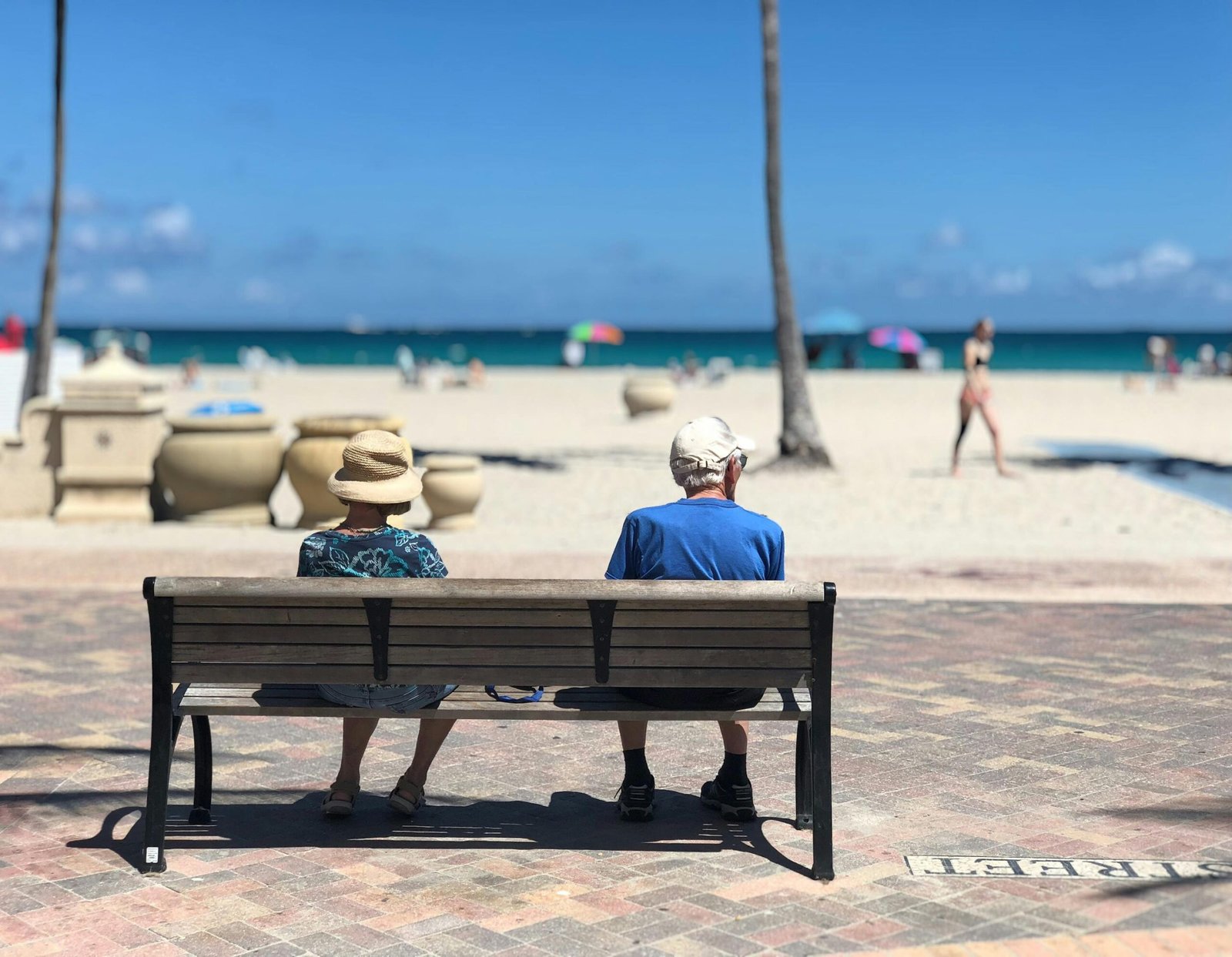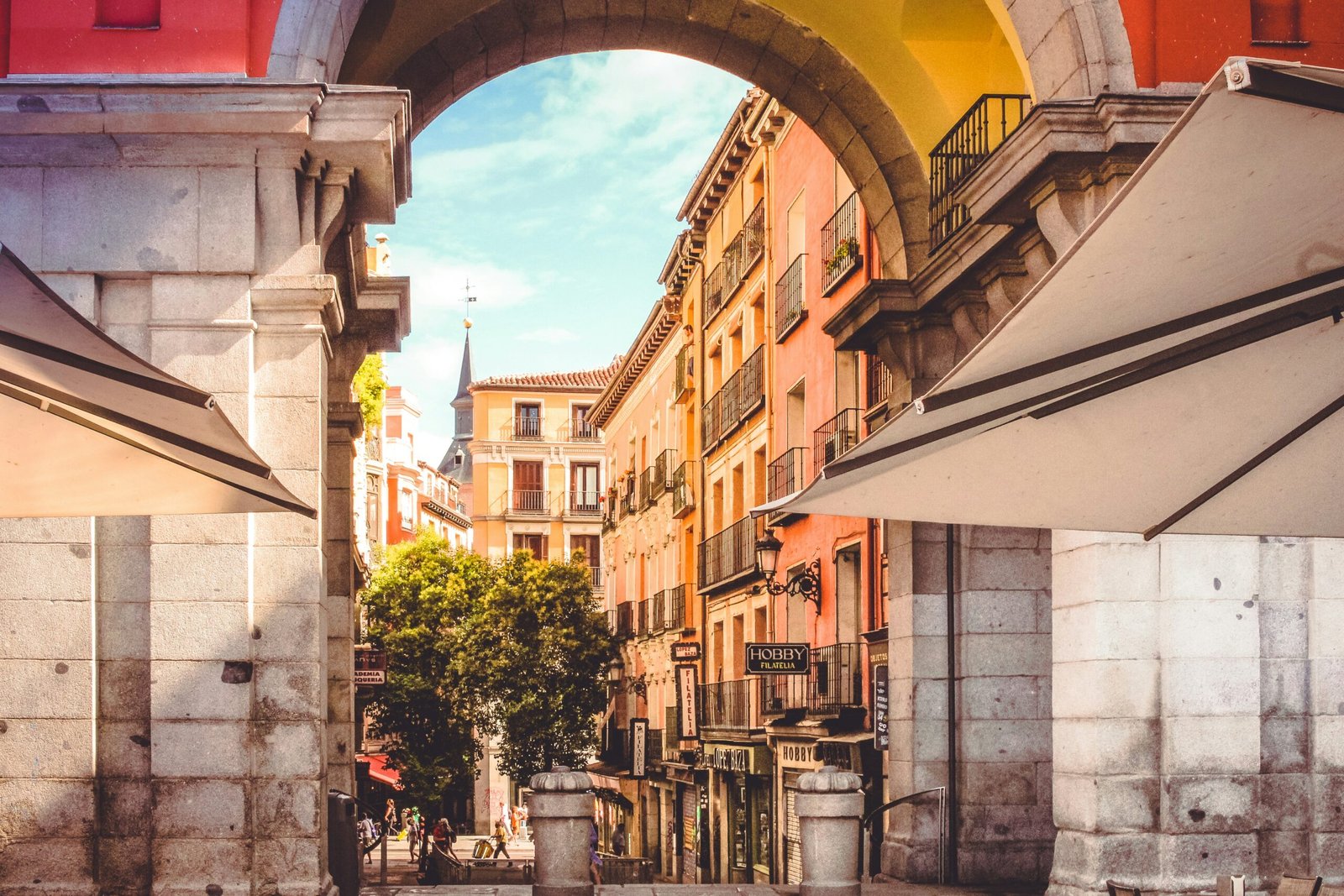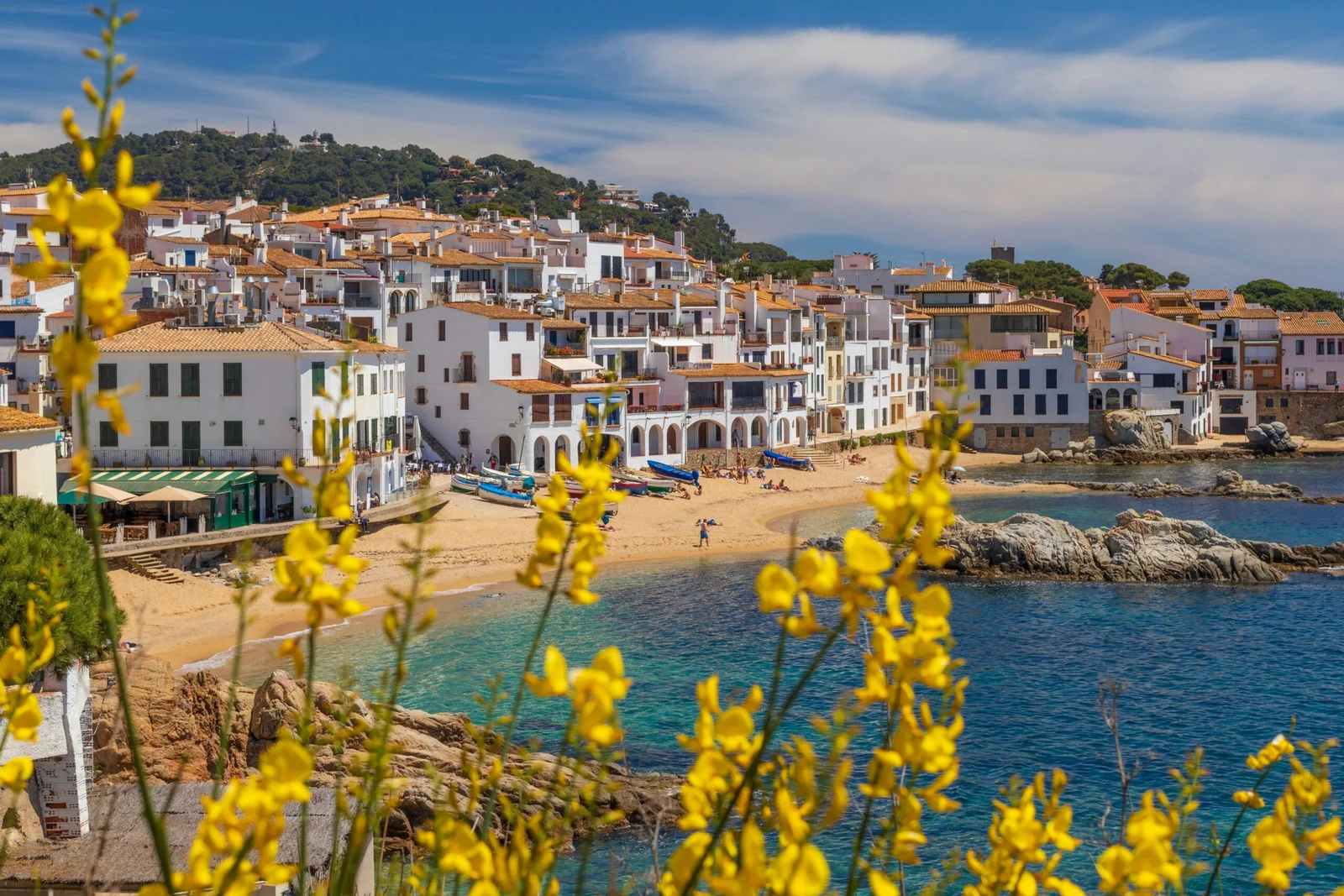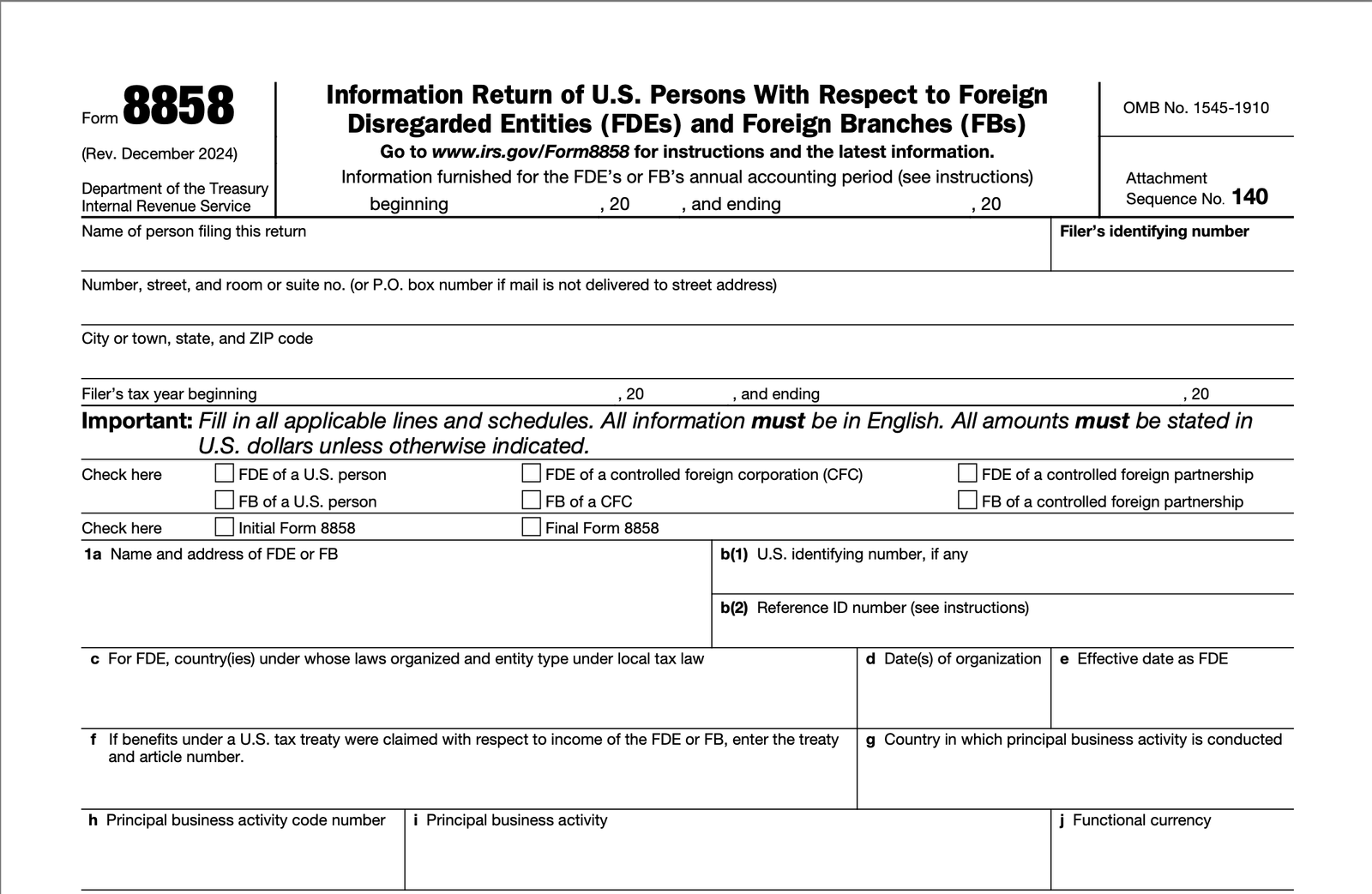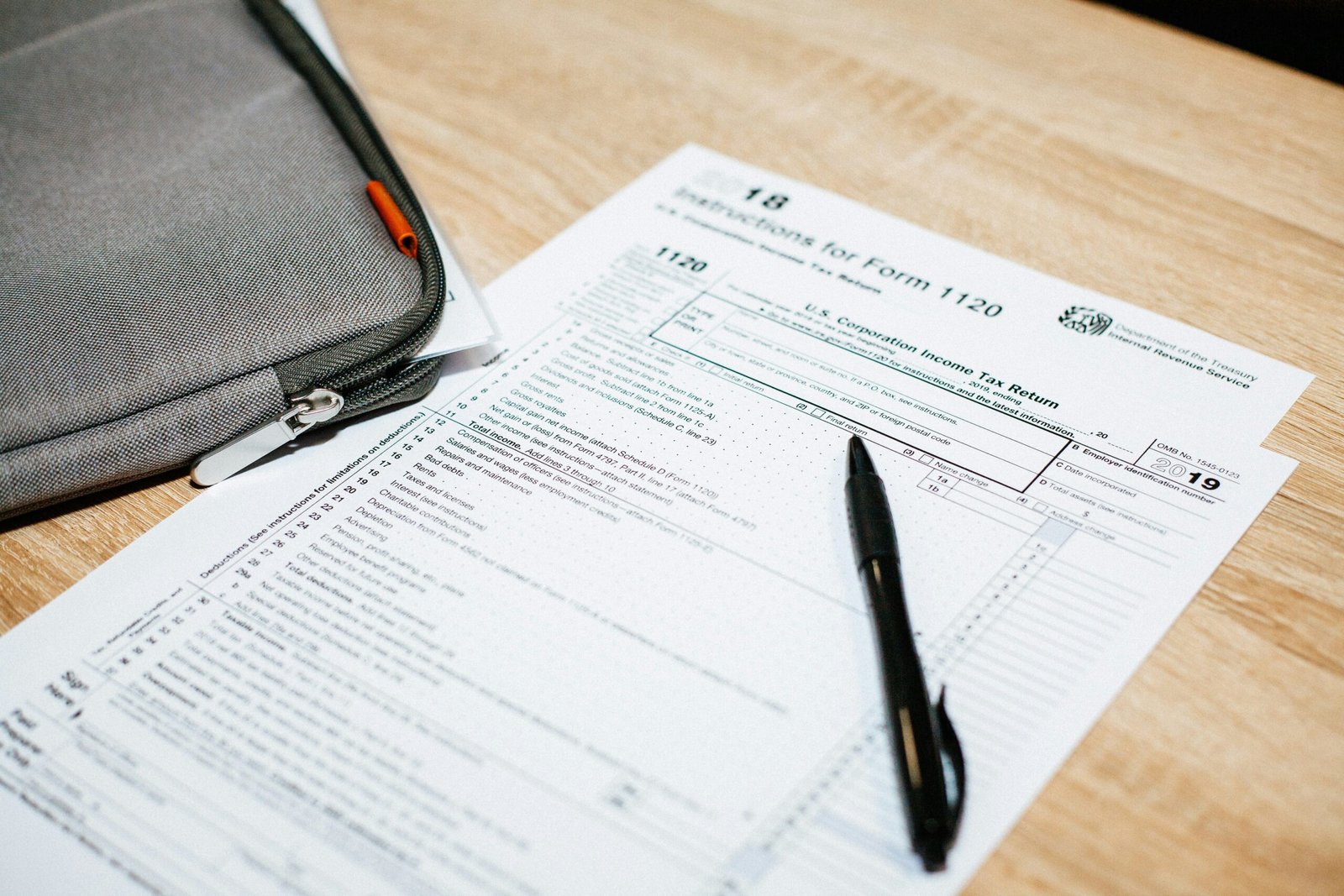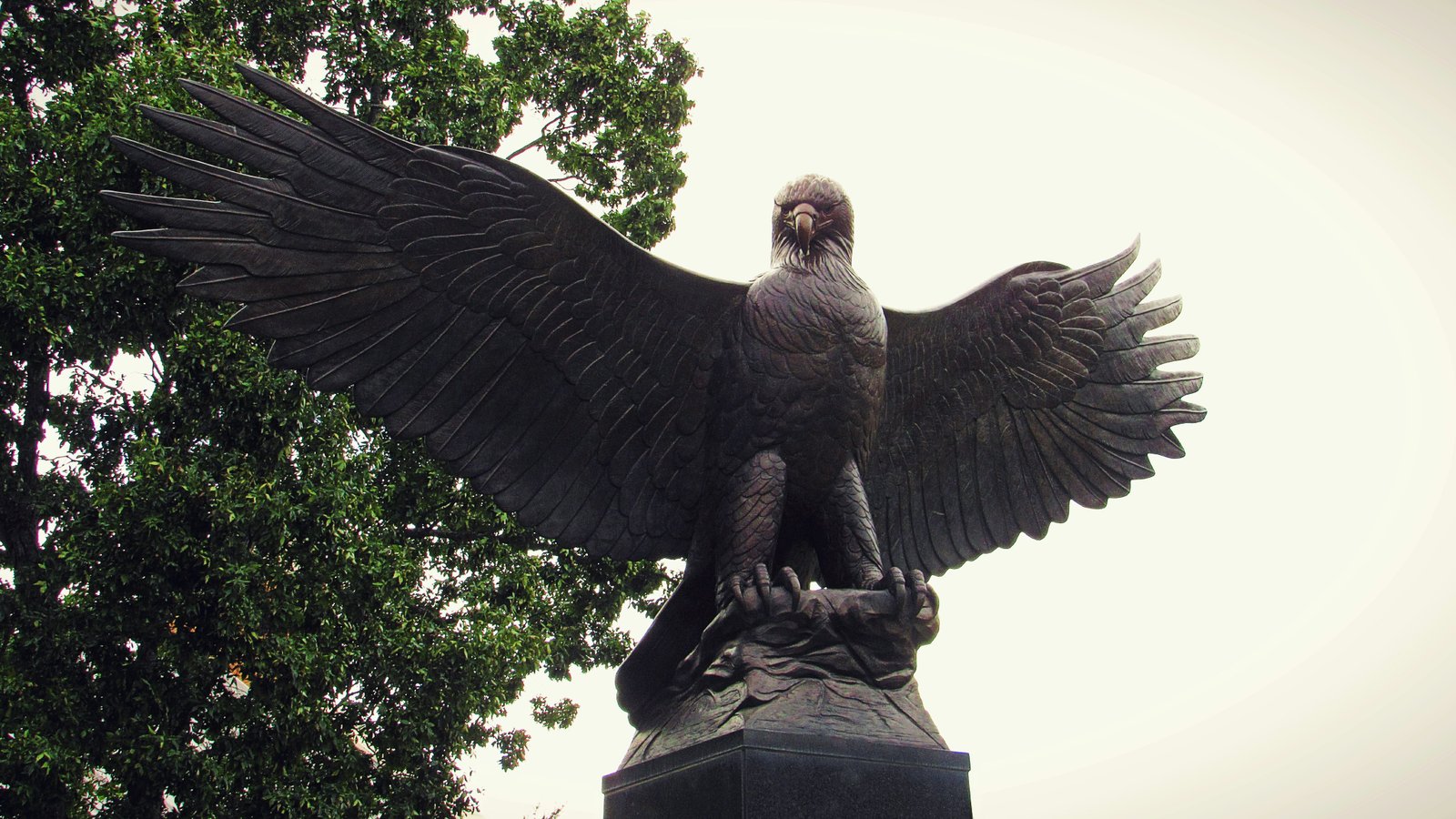Citizenship & Citizenship by decent / British Citizenship by Descent: A Complete Guide for Americans
British Citizenship by Descent: A Complete Guide for Americans
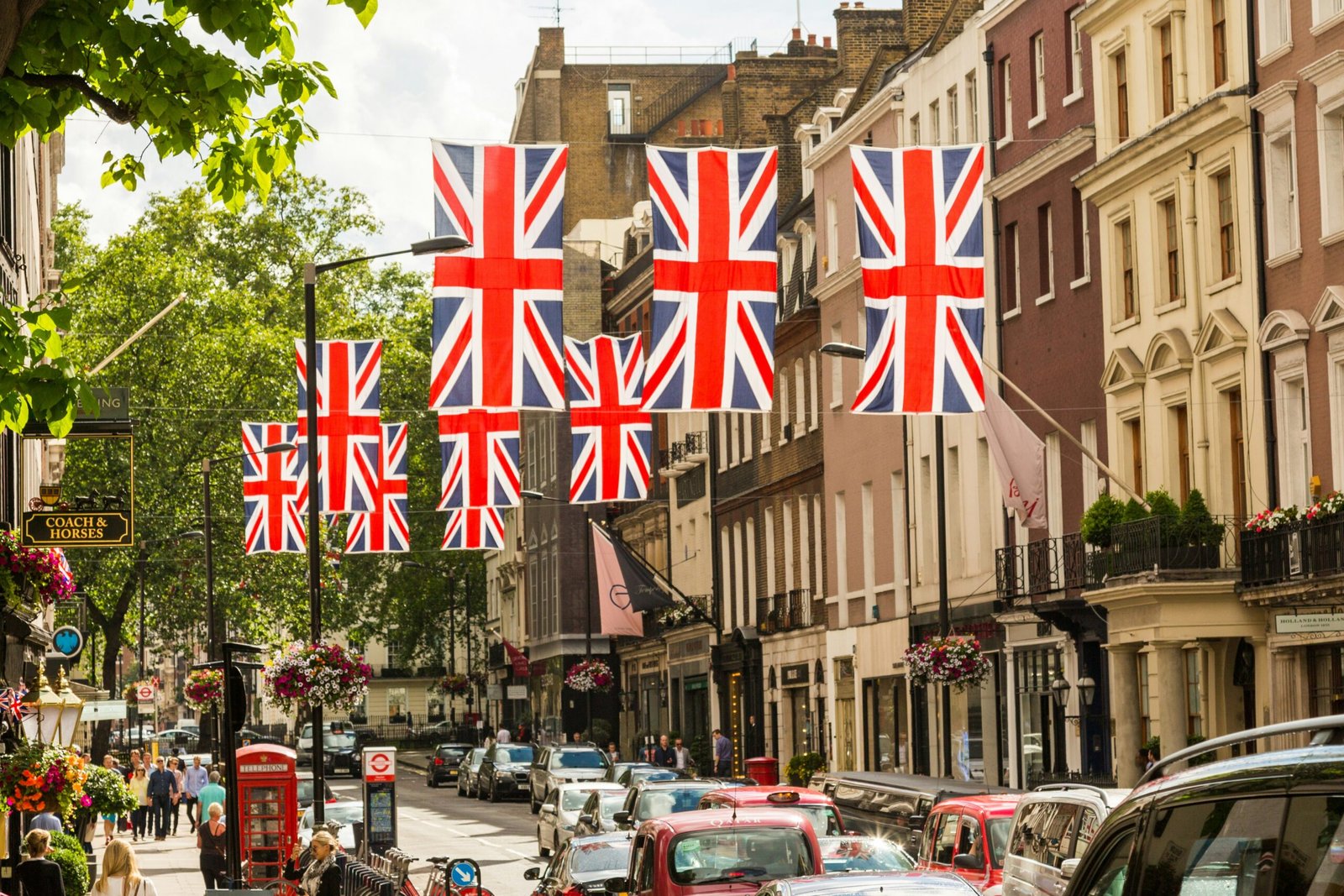
If you’re an American with British roots, whether through a parent, grandparent, or even great-grandparent, there’s a chance you could be eligible for British citizenship by descent.
British citizenship is one of the simplest ways Americans can settle long-term in the UK. You won’t need a work visa or residence permit. You’ll be able to apply for a National Insurance number, open a bank account, register for NHS care, and much more.
Every year, more Americans take this route when relocating from the USA to the UK. Some are drawn by family history. Others want lifestyle change, job opportunities or simply access to European travel.
Applications for British Citizenship by Americans has risen 42% since 2023
Sources: CNN
And this isn’t just another visa. British citizenship by descent is a full legal status. It gives you the right to live and work in the UK, apply for a British passport, travel to more than 180 countries visa-free, and pass that citizenship on to your children.
This guide explains everything clearly. From who qualifies and how to apply, to which documents are needed, how the law has changed over the years, and how Americans are using this path to reconnect with their family heritage.
Let’s break it all down.
What British Citizenship by Descent Means
This type of citizenship applies when you’re born outside the UK but have a British parent. It’s different from citizenship acquired by birth in the UK or through naturalisation.
If your parent was born in the UK or became a British citizen before you were born, you might automatically be British by descent.
But if your connection is through a grandparent, or even great-grandparent, things get a bit more complicated. That’s where double descent and triple descent come in.
The Three Main Routes: Descent, Double Descent and Triple Descent
Let’s walk through what each route means in real terms:
British Citizenship by Descent
You have one parent who was a British citizen otherwise than by descent (usually someone born or naturalised in the UK). You were born abroad. You’re likely already a British citizen and may just need to apply for a passport.
British Citizenship by Double Descent
You have a British grandparent. Your parent didn’t pass on citizenship—often due to gender-based rules or colonial laws that existed in the past. You might qualify, but only if certain historical conditions are met.
British Citizenship by Triple Descent
This is rare. In a few cases, you may be able to claim citizenship through a great-grandparent. These applications usually rely on proving historical discrimination or unfair treatment under earlier laws.
Why Your Birth Year (and Theirs) Matters
British nationality law has changed a lot. Key reforms took place in 1949, 1983, and 2006. These dates determine whether citizenship can be passed to the next generation.
For example:
- Before 1983, British mothers couldn’t pass citizenship. That changed with the British Nationality Act 1981.
- Before 2006, unmarried British fathers often couldn’t pass citizenship.
- After 2006, those rules became more equal.
When Grandparents Count: British Citizenship by Double Descent
You’re not automatically British just because your grandparent was. But you could qualify under a range of specific situations.
Here are a few examples:
- Your parent was born in a former British colony but didn’t inherit citizenship.
- Your grandfather was born in the UK and served in Crown service (e.g. military, civil service) abroad.
- Your mother was born to a British father before 1949 and couldn’t pass on her citizenship at the time.
These are all cases where British citizenship by double descent could apply.
The Documents You’ll Need
To make a claim, your family history needs to be supported by records. Here’s a checklist of the most important ones:
- Your full birth certificate
- Parent’s and/or grandparent’s birth certificates
- Proof of British citizenship (passport or naturalisation documents) for your parent or grandparent
- Marriage certificates (where needed to prove lineage)
- Evidence of Crown service or residency (for some double descent cases)
- Your current passport
Application Timeline: What to Expect
The process is not instant, but it’s faster than most visa or naturalisation routes.
- 2 to 4 weeks: Collect documents and submit your application
- 3 to 6 months: Decision from the UK Home Office
- 1 to 2 months: Passport issuance after approval
How Much It Costs to Apply
Here’s a breakdown of current fees (2025 estimates):
- Citizenship application: £1,500 to £1,800
- British passport: £94
- Biometric registration: £19.20
- Citizenship ceremony: £80 (not always required)
Additional costs may include legal translations, notarisation, or retrieving historic documents.
Historical Legislative Unfairness: A New Opportunity
In 2022, the UK added a new section to its nationality law: Section 4L of the Nationality and Borders Act. It was designed to correct historic wrongs.
That includes:
- Gender-based discrimination (e.g. mothers who couldn’t pass on citizenship)
- Bias against children born out of wedlock
- Errors or gaps in the way government officials applied the law
If you were excluded because of these rules, you may now qualify to apply.
Benefits of British Citizenship
This is what citizenship by descent unlocks:
- The right to live and work in the UK
- Access to public services like healthcare (NHS) and education
- The right to vote and stand for election
- Freedom to travel to more than 180 countries visa-free
- The ability to pass on citizenship to your own children
If You Don’t Qualify for Citizenship
Let’s say your case doesn’t meet the citizenship criteria. There’s still the UK Ancestry Visa.
You may qualify if:
- You’re a Commonwealth citizen
- One of your grandparents was born in the UK or Ireland before 1922
- You’re over 17 and plan to work in the UK
The visa is valid for five years and can lead to permanent residency (Indefinite Leave to Remain or ILR) and eventually full naturalisation, resulting in British Citizenship.
Final Thoughts
British Citizenship by Descent is more than a legal technicality. It’s about reclaiming a connection that already exists.
For many, it’s a way to honour family history. For others, it’s a strategic move that brings personal and professional freedom.
Whatever your reason, the first step is to understand where you fit in. The law has evolved. The rules can be navigated. And if your lineage qualifies, the process is absolutely worth exploring.
Are you Thinking of Moving to the UK through the British Citizenship by Descent?





